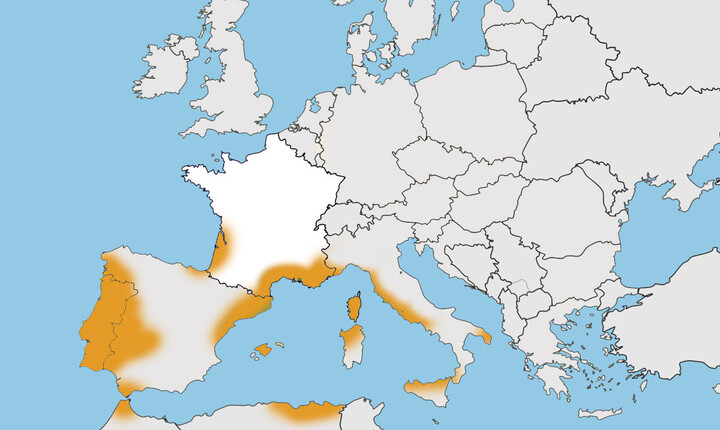Narrow-leaved mock privet
Presentation
More discreet than the olive tree but more rustic and frugal too
You thought you knew everything about shrubs? Think again! Here at our four-star campsite Les Jardins de La Pascalinette ® in the Var, French Riviera-Côte d’Azur, you’ll find a shrub that’s a master of the art of discretion. Originating from the Mediterranean basin, this shrub is really very little-known, even among the most experienced gardening enthusiasts. But make no mistake, its apparent modesty hides a personality full of surprises!
Imagine yourself strolling along our Sentier Décou’Verte® botanical footpath in search of the most spectacular plant species. And there, around the corner of a flower bed, you come face to face with the Phillyrea angustifolia… With its narrow leaves and little, discreet flowers, this shrub almost appears to blend into the landscape, like a chameleon plant. But don’t be fooled by its humble appearance! The narrow-leaved mock privet has more than one trick up its sleeve!
The hidden star of the garden
In addition to its ability to blend into its surroundings, the narrow-leaved mock privet has other surprises in store for those who take the time to get to know it. For example, did you know that the berries produced by this shrub are a real treat for the birds? (but not for humans!). And that’s not all! Phillyrea angustifolia is also renowned for its resistance to diseases and pests, making it the perfect choice for our already busy gardeners!
Its discreet, fragrant and melliferous blooms are made up of small flowers that form white clusters.
In short, never underestimate the Phillyrea angustifolia! With its modest appearance and many hidden surprises, this little-known shrub is actually an excellent alternative to the olive tree.



